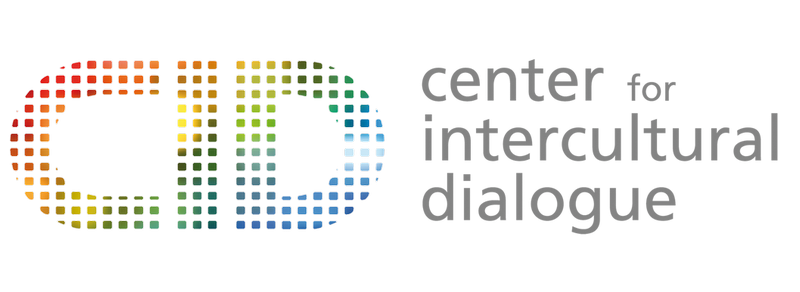Supported by: European Youth Foundation
Period: 9 – 15 October 2016, European Youth Centre, Strasbourg, France
Partners: DYPALL Network, CRL
Aim and objectives:
- To share positive practices of youth participation in civil and political life on the local, national and European level
- To strengthen cooperation and feeling of belonging among the participants and in relation to the DYPALL network
- To promote a common understanding on youth participation and its main values and approaches
- To support participants involvement in current and future initiatives of DYPALL network and the Council of Europe
- To understand and analyse the various realities of youth participation at local level (challenges, opportunities, solutions)
- To explore inclusive approaches to foster the participation of young people facing social exclusion (Roma, NEETs, migrants, people with disabilities, refugees and other minority groups)
- To support and encourage development of initiatives that promote youth participation, with focus on young people experiencing social exclusion
About the project:
The study session aims to offer space for 35 young people and youth leaders to gather and research the positive practices of meaningful participation implemented on European Level. The main idea is to go into depth in discussing this processes, and also gather youth workers, officials and experts that will share their previous experience, difficulties and obstacle, as well as effective methods and systems of democratic youth participation models on European and local level.
During the study session we intend to encourage the strengthening of partnership among the participants, providing them the space and reinforcement to develop new partnerships within the network as well among other policy and decision makers. This would ensure the continuation of the self-sustainable collaboration among the partners on topic of democratic inclusion and youth participation in decision-making processes.
As a direct result to this project we intend to offer space for participants to develop clear actions plans that they will have the opportunity to develop after the study session in their local communities. They will have to define the steps they should take in order to transfer the model they think will be suitable for their reality and then start implementing those steps.
